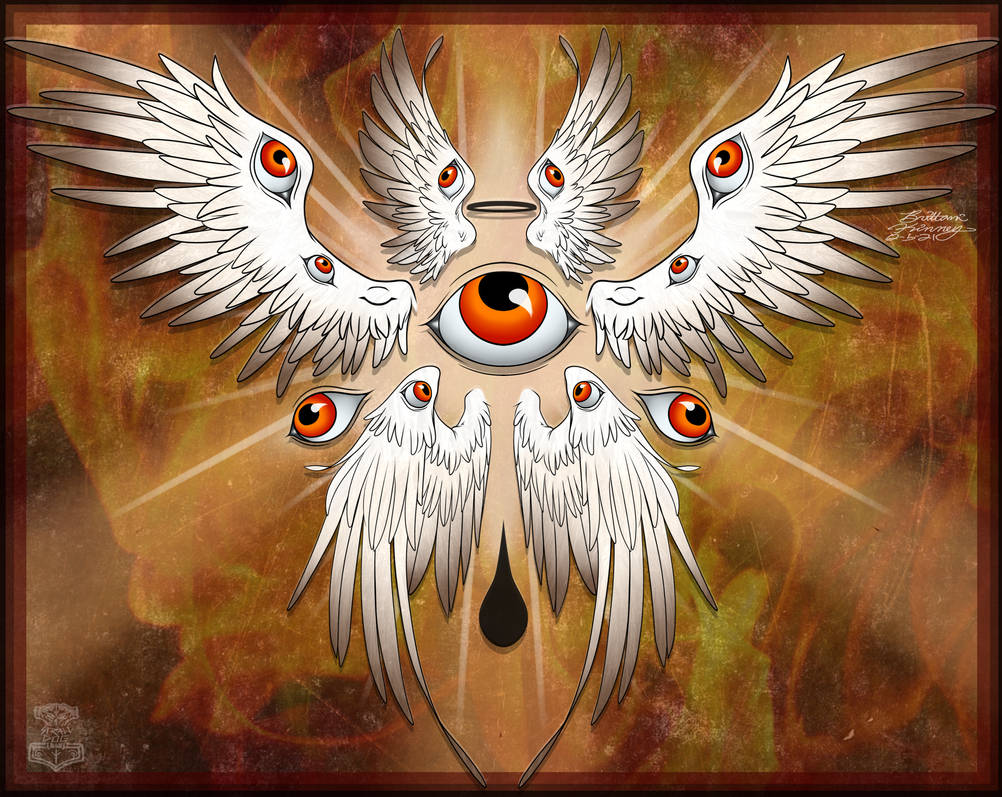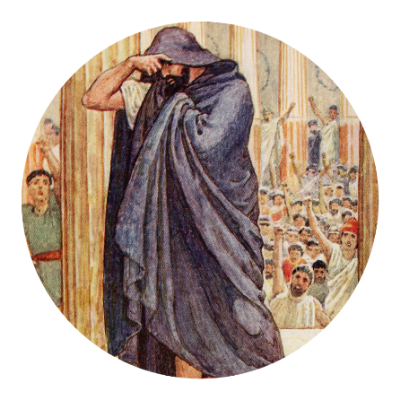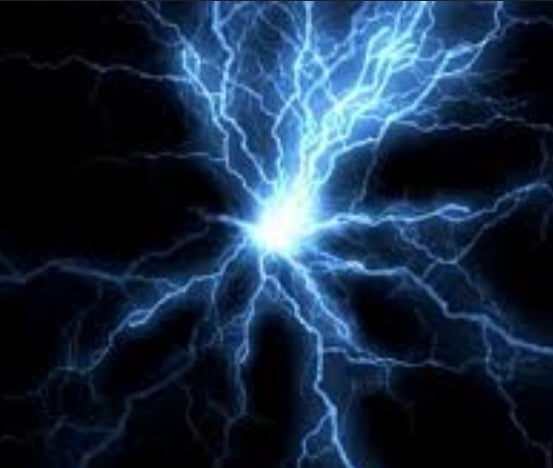I’m looking to get inspiration for my own writing. I need a hard sci fi series where earth (and earthlike worlds) are too rare, inaccessible, and/or previously spoiled beyond ability to sustain life. Bonus points if it is set on a multi-generational space station or starship without any other options and goes into detail about life support, living space, mineral mining and expansion of the station to accomodate a growing population, and daily life of it’s residents.
If anyone remembers Drifter Colonies from Titan A.E., that’s what’s in my head.
I’m looking for The Martian levels of realism, and I’m fine with a bit of “Unobtanium” clichés if they’re not core to the story.
The Mars series by Kim Stanley Robinson definitely fits the bill. The Ministry of the Future does too but it is more about the coming climate change disaster.
Love me some KSR.
His Mars series is my sci-fi Lord of the Rings.
All tomorrow’s by c.m koseman may be interesting to you. It’s a short story that examines the state of humanity several billion years in the future after they have evolved to be unrecognizable. Some civilizations thrived and became better, many devolved and live tortured existances. Quite a few lose the ability to speak or lose intelligence in general.
Maybe not “hard” enough for you (eg. it has absibles) but Becky Chambers’s Record of a Spaceborn Few is about life on a fleet of generation ships.
The Culture series novel, my favorite optimistic and hard sci fi that includes artificial intelligence (minds that have giant ships or habitats for bodies and humanoid avatars to interact with people).
They basically never live on planets because they are inefficient and “inelegant”. They live on gigantic ring orbitals that have a fraction of the mass of a planet but multiple times the surface area. No big take-off energy needed either. They also live on gigantic ships that endlessly cruise the milky way. Highly recommend!
Another thought about “colonizing planets” would be that it’s basically a form of genocide. Imagine someone had colonized earth half a billion years ago or just a few million years ago. Humanity would never have existed. Just stepping foot on a planet like they do on star trek is basically ecocide - with the introduction of completely foreign and possibly incredibly disruptive micro organisms. Besides the ethical aspect there would also be the loss of information - if you imagine a pristine planet to be a bio computer creating countless unique and new genetic variations and new forms of chemistry. Quite possible not something that can be covered with a computer. Or observing primitive planets as a source of entertainment. There are lots of reasons why outside of a few “home planets” advanced civilizations would never terraform existing biological systems, and would find artificial habitats far more efficient or practical.
Seveneves by Neal Stephenson is this.
Also Tau Zero by Poul Anderson, to a degree.
Just chiming in to say Seveneves is a great read.
Came here to say Seveneves as well. Just borrowed it again from the library today actually! Highly recommend.
I was going to suggest Tau Zero. It might not be exactly what he’s chasing but there’s are some similar points. Plus it’s really good and fairly short.
I’m going to go the other way and recommend The Fifth Season, which is technically a fantasy trilogy but which has won both the Hugo and Nebula awards, because (as if that wasn’t a spoiler) it’s got a ton of sci Fi in it.
It’s basically about people on a planet that keeps dying. They’ve had to deal with so many apocalyptic events that prepping for the next one defines the entirety of their civilization. If you want a window into the psychology of a society constantly on the verge of destruction, I can’t think of a better series.
Check out A Memory Called Empire by Arkady Martin and it’s sequel.
Great book (author’s last name is spelled Martine), but though a hunk of people are on a space station I don’t think it goes into as much detail on making that work as OP is asking for - at the time of the story they’d been there for generations.
Children of Time series goes over this a little bit, especially in the first book. Colonists end up waking up early due to a malfunction and end up falling into a devolving tribalistic race to the bottom on their journey to the planet.
https://bookshop.org/p/books/children-of-time-adrian-tchaikovsky/113411?ean=9780316452502
Author and book information. Good series.
Surprised no one has mentioned The Expanse series. A ton of world building in very different kinds of environments. Space stations, small ships, big ships, generation ships, asteroids, moons, planets.
The environments are well thought out in how the residents would need to adapt
It was the first thing I thought of but I thought Earth was still too viable for OP in the first few books, plus the science isn’t The Martian level hard.
Cibola Burn especially was really cool with the world building. Things that you don’t really hear of in other novels or even think of like the fact that alien plant life would be completely inedible to us are dealt with in detail.
You might want to check out Record of a Spaceborn Few by Becky Chambers. The book is about the people of the Exodus Fleet, a group of multi-generation ships that left Earth years ago. Even though the fleet eventually found other planets for them to live on, many are content to continue living out in space. It’s a neat little slice of life book about this community doing their part to keep these ships going.
Ohhhhh boy, I get to nerd out. OK, super short story; reading and chatting about The Expanse book series got me pointed towards the work of Alastair Reynolds. The early parts of his universes arch aren’t really relevant for your purposes, but in the latter books, how humanity survives on lifeless rocks, is exactly what you’re looking for. Plus, he’s a astrophysicist doctor, iirc, and it is quite quite good hard Sci Fi.
I love Alastair Reynolds
I finished Alastair Reynold’s Pushing Ice a few months ago and it’s kind of close to what OP is looking for. Also a really good book!
The Children of Time books by Adrian Tchaikovsky have a lot of those themes. Half of the first book is about an ark ship sent out to find a habitable planet because earth is dying. It spans hundreds of years as key crew members go in and out of hyper sleep. Relationships and political factions form and dissolve as the ageing ship continues its mission to find a new home.
The second book focuses on a terraforming crew that was sent to another star system to prepare a planet for humans. However, the planet’s ecology is so alien it proves very difficult to gain a foothold.
I’ll second this (though I’ve only read the first thus far). I don’t know that I’d consider it especially hard SciFi but it’s far from a space opera. I recall feeling like the justification for the creation of the arachnid race was a bit hand-wavey, but the level of thought put into their society more than made up for the required suspension of disbelief. Definitely one of my favorite books.
For something similar I’d also recommend Dragon’s Egg by Robert L. Forward. It’s about the discovery of intelligent life on a neutron star, who develop at a rate exponentially faster than humanity. Also not super hard SciFi, but a great exploration into truly alien life.
I really enjoyed the first and could not get into the second in the children of time series
There’s a third now, I need to read it still. I liked the second, though
I loved the first two, but I had a hard time getting through the third. It has interesting concepts but it takes a long time to make its point. Plot structure spoilers:
spoiler
The main reveal should have happened half way through, not at the end.
It’s possible Just wasn’t the flavor I was looking for at the time. I’ll give another go at some point. I hear great things from people so it’s probably just send me a thing
Not quite what you’re after but I absolutely love Diaspora by Greg Egan.
It’s a different take on the same issues you’re asking about (not at first, but it’s not really a spoiler to say that it explores them whether or not it’s as necessary as your examples state), a take that leans more into different forms of existence rather than supporting our current existence in a different environment (but touches on aspects of that too, kind of). It’s mega-multi-generational while also not being that at all, depending on perspective.
Not quite what you’re after but I absolutely love Diaspora by Greg Egan.
Came here to say that it’s the BOOK OP is looking for , Moreover, it’s one of the authors present on the fediverse @gregeganSF@mathstodon.xyz
I don’t know how the original version works, but in the French translation Francis Lustman made a real effort in building a coherent grammar with neo-pronoms which match very well the book tone, and is a great exercise.
However, Diaspora isn’t the most accessible Egan book. I mean, if you never heard about stuff like complex conjugate, or Penrose tiles you’ll struggle with some of the concept.
People already mention the Mars series by Orson Scott Card, the Expanse series by Corey, and Seveneves by Stephenson, which are all fantastic and all fit your request well. Two others you might consider are:
- The Moon is a Harsh Mistress by Heinlein. Very old school classic that features a moon colony fighting with earth.
- Beggars in Spain by Kress. Most of it is on a near future earth, but the last hunk of it involves a segment of people relocating to a space station.
To be fair, and no spoilers, but I’m not sure The Expanse qualifies for this request, technically. (As a huge fan of the books and series both)
Corey goes into pretty good detail about how they made Eros, Ganymede, and the generation ship livable. Seems like they qualified.
Clearly, that’s not the aspect I was hinting at. >!The first part of the request is the relevant section, not the “bonus points”, all due respect: “earth (and earthlike[sic] worlds) are too rare, inaccessible, and/or previously spoiled beyond ability to sustain life.”!<
The belters make a pretty solid example of what it sounds like OP is looking for. The entire setting doesn’t match to a T but there’s enough interaction with inhospitable environments to be worth looking into, I think.
Do you mean the Mars series by Kim Stanley Robinson?
Lol, I do! Not sure why I was thinking about OSC. Maybe just another writer known by three names.
It’s a very non traditional story structure (at least to a western reader) but The Three Body Problem series has a lot of plot revolving around the lack of inhabitable worlds.
Wasn’t there a ship, or two, that had to escape into deep space for like, a long long time?
!yes, in fact those ships end up being very important to some big events in the last 2 books!<












